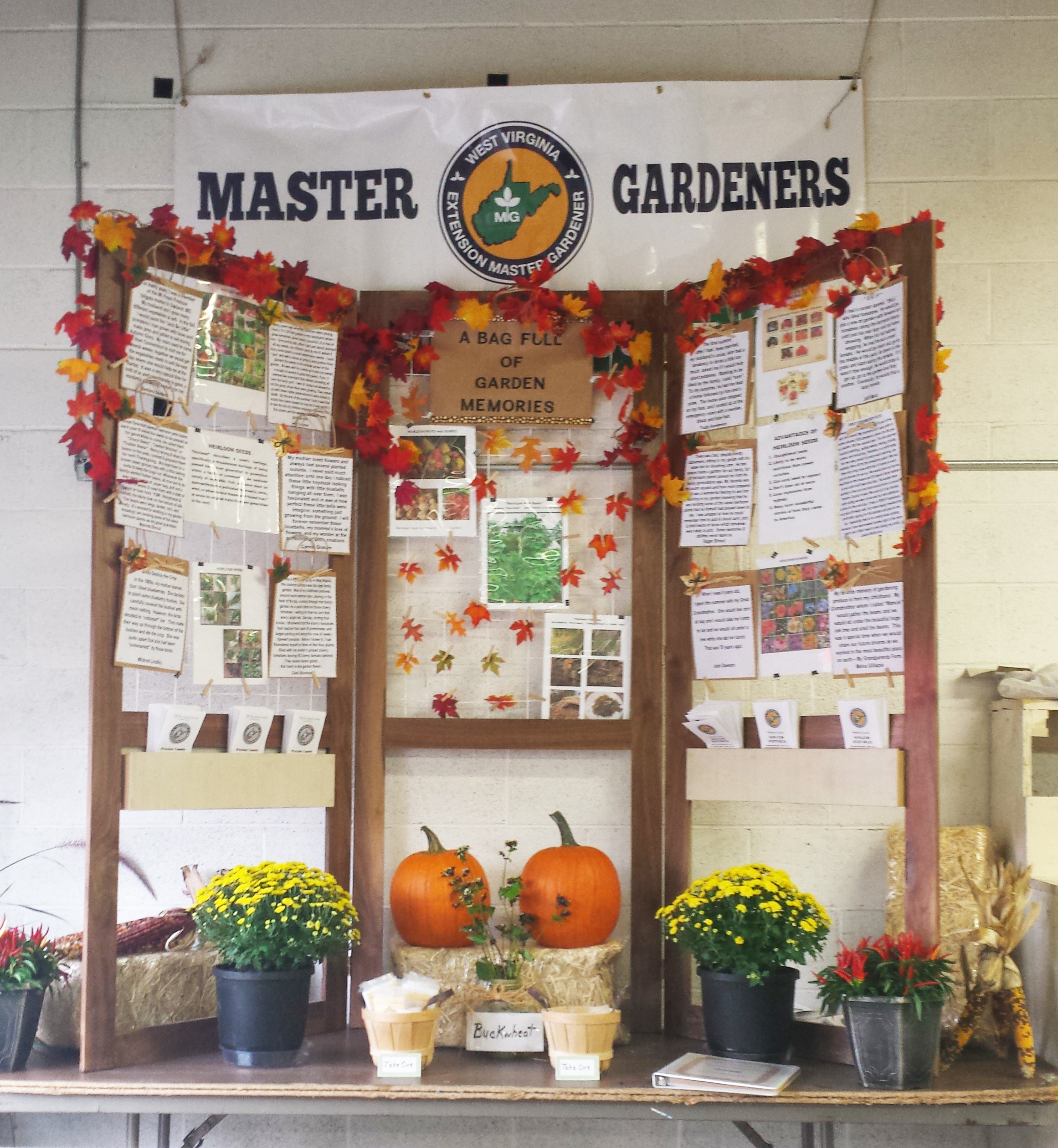KINGWOOD — Do you like to work in a garden? Do you want to know what to do with the insect that is eating your prized vegetable?
Do you like to help others learn?
Do you like flowers?
These are questions posed in the Preston County Master Gardening Brochure and if you answered yes to any of them, you might be interested in becoming a Master Gardener.
Master Gardner programs are found in over 40 counties in West Virginia and in all 50 states.
Roger and Melinda Shrout are both master gardeners living in Arthurdale. Roger is president of the Preston County Master Gardeners group.
Both have family backgrounds in farming and gardening; both families had general stores.
“Our families would farm and garden and bring the produce to their local general stores to sell. They made a living at it. Gardening was instilled from a very early age in both of us,” Roger said.
Roger has a bachelor’s degree in biology and a minor in chemistry from Fairmont State University. He retired but is working again from the old GE Chemical Plant (now SI Group) in Westover as a research chemist. Roger is a certified master naturalist.
Melinda has a bachelor’s degree in business administration from FSU and is a member of the Cranberry Garden Club, Terra Alta. She is retired.
“My wife and I retired a couple of years ago. I heard about the program from family and friends,” Roger said. “It sounded like something new we could learn about so we signed up.”
Melinda is secretary of the Preston County group.
“We were looking for something we could do together,” she said about joining master gardeners. “He’s a biologist and environmentalist, subjects I knew little about. So Master Gardeners has filled in the gap.”
Cindi Shockey, president of the West Virginia Master Gardeners Association, said she has been a local member for 23 years. Her husband, Preston County Extension Agent Bill Shockey, teaches the Master Gardeners class.
“I’ve always been interested in gardening,” Cindi said. “When I was growing up, we always had a large garden and my mother loved flowers. This was a class I knew I had to take.”
Cindi said prior to COVID-19, she and other master gardeners went into local elementary schools and taught the second- and third-graders about soil content and how to plant seeds so they could watch them grow.
“They transported the seedlings to a garden located at the Poor Farm, harvested their crops and then had a harvest dinner,” she said.
She said in other instances a class would choose to plant a butterfly garden.
“It depended on what the teacher’s interest was,” she said. “Either way the children had the opportunity to see things grow.”
Cindi said on the local level an agriculture agent has found several old heritage apple orchards, especially in the Aurora area. She said the agriculture agents took them over, and it’s now become the work of other agents to restore the orchards.
“On the state level, another community service project we are doing is measuring the temperatures in the various growing zones,” Shockey said. “Probes were placed in each area, and we’re working with several scientists to see what the growing zones are in different locations.”
According to the brochure, to become a certified master gardener and a member of the Preston County Master Gardeners, an applicant must complete 30 hours of classroom learning and 30 hours of approved community volunteer work within one year of completing classroom work.
Generally, in Preston County, classes are taught at the Extension Service office in the spring when there are enough interested people to warrant holding the classes (generally 10).
Certification remains valid as long as members complete 12 volunteer hours and six continuing education hours per year.
According to Bill, a Master Gardener Certification course being offered Aug. 20 will be online via Zoom and available statewide.
Preston County residents should contact the WVU Preston County Extension Office for registration details at 304-329-1391.
Residents of other counties should contact their local extension offices.
All prospective trainees must undergo the WVU Extension volunteer selection process, including background checks, references and an interview.
The cost of the course is $100, which includes a hard copy manual, or $55, which includes an electronic manual.
TWEET @DominionPostWV




